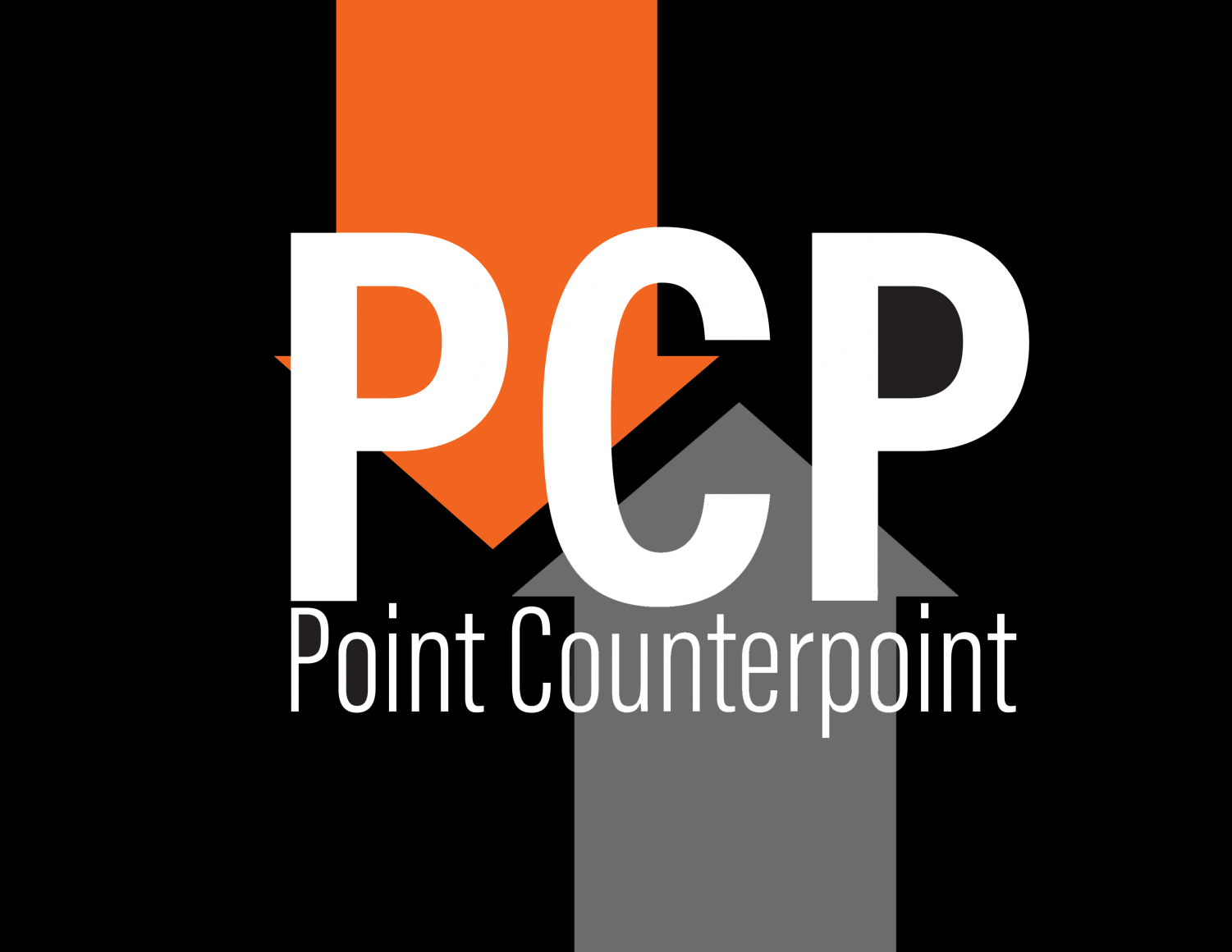PCP: Student academic accountability
Recently Park has become more student-involved
November 28, 2021
Student independence possibly problematic
High school is a time of growth and learning. Providing social and academic freedom in entirely new ways, the independence that high school allows is still limited — and for good reason.
High school is the transition point into adulthood, coming right after the little independence allotted in middle school and right before the virtually limitless independence of adulthood. In this sense, it should almost be a perfect gradient; ever-increasing responsibilities and independence. In this scope, high school should allow more freedom than middle school, but less than adulthood, allowing an acclimation of sorts.
The problem with student independence and greater individual accountability arises when a student is given too much independence too quickly. Perhaps a student never performed too well in middle school, or there were a different set of standards held to them when compared to high school; this completely disrupts the gradient, and the potential for issues rises dramatically. In this case, that student has little to no safety net to fall back upon.
This is a time wrought with mistake after mistake, because that is how we learn. By forcing students to be too independent early on, we risk these perfectly natural mistakes becoming something more problematic. Through aiding students, while slowly allowing more independence, these mistakes can be seen as learning opportunities, rather than being strictly punitive.
That’s not to say that students shouldn’t have their voices and opinions heard and considered. Student feedback in the school system is beyond important, and it is a crucial part of maintaining equality within schools. With that said, there should also be checks and balances in place here, as well. In the same sense that students’ shouldn’t be the only ones in charge of their academics, students shouldn’t have full reign over school policies. Rather, as I believe is currently in place, there should be avenues for communication between administration and students. This allows two sides to be heard, and helps keep a balance of power.
High school is a formative period in everyone’s life. Nobody performs perfectly, and there should be no expectations of that. Too much independence provides too much risk to students for the possible benefits to be worth it.
Student-led is student-first
Some of my peers rely on their teachers and parents for their academic success. Park becoming more student-led leads to students’ independence.
Since I began high school, I’ve heard the administration say they want more student involvement in how the school operates, and I’m glad they’re starting to follow through with that. This year, Park started various initiatives to make school more student-involved, such as student-led conferences, Non-Traditional Academy and more student-directed discussions and walk-outs.
COVID-19 exposed the importance of student independence. Distance learning made it impossible for teachers to be physically around students to constantly remind us of due dates and to micromanage us. Distance learning was a struggle for many students, which shows that we haven’t been provided enough opportunities to take charge of our own education.
COVID-19 is one of many issues our generation will face. Not only will we have to get an education and find a job, but also handle the effects of racism, political instability and the climate crisis. If school trains us to rely on older generations, we will not have the self-discipline necessary to combat these issues.
For example, my friends and I find the college application process to be petrifying. If we had more opportunities during school to take initiative, making college choices would be easier. We would be more used to making decisions for ourselves.
Furthermore, a student-led school puts the students in control. We are the ones affected by the school, so we should have a say in how the school runs.
Putting the students in control is also more equitable. Park has a racially diverse student body, yet the staff is almost exclusively white. When students, instead of teachers or administrators, get to make some decisions, it shifts the power away from white teachers and toward the diverse student body.
In addition, students are more engaged when they have opportunities to take initiative for their own learning. When we help decide what we learn about, we are more interested, because we choose to learn about what is most relevant to our lives.
For instance, most English class discussions I’ve participated in have been about books and topics chosen by the teacher. This year, however, I got to read a book the students chose to read, and discuss topics interesting to us. I was more motivated to participate in student-led discussions rather than teacher-led ones.
Although having students lead is not favorable in every single situation, it is beneficial to students that Park is seeking more student voice.
